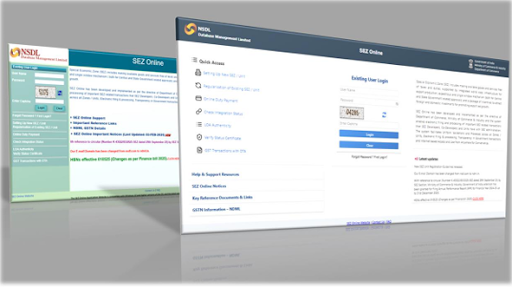Navigating Financial Regulations in GIFT IFSC: Compliance Challenges and Effective Strategies
- GIFT CFO
- Aug 14
- 3 min read
The Gujarat International Finance Tec-City (GIFT IFSC) has emerged as a pivotal hub for global financial services, offering a unique set of opportunities for businesses looking to thrive in a regulated yet dynamic environment. Within this context, navigating financial regulations becomes a critical factor for success.
This blog post aims to provide an overview of the regulatory framework in GIFT IFSC, highlight the compliance challenges that businesses may face, and discuss effective strategies for navigating these regulations.
Overview of Regulatory Framework
GIFT IFSC is governed by multiple regulatory bodies, most prominently the International Financial Services Centres Authority (IFSCA). Established in 2020, the IFSCA is responsible for regulating all financial services in the GIFT IFSC, encompassing banking, capital markets, insurance, and other financial services.
The regulatory framework is designed to be conducive to international business, featuring a range of policies that aim to attract foreign investment. The regulations promote transparency, enforce strong compliance standards, and create a level playing field for all market participants.
Furthermore, GIFT IFSC operates under Indian law while also providing flexibility to adopt global best practices. Organizations seeking to operate in this environment must familiarize themselves with an array of regulations, including those pertaining to foreign exchange, anti-money laundering (AML), and Know Your Customer (KYC) requirements.
Compliance Challenges
While GIFT IFSC offers numerous advantages, organizations often encounter several compliance challenges due to the evolving regulatory landscape.
Complexity of Regulations
The multi-layered nature of financial regulations can be daunting. Companies must navigate not only the specific rules laid down by IFSCA but also other applicable laws, making compliance a complex process. For instance, firms may need to align their operations with various guidelines issued by authorities like the Reserve Bank of India (RBI) and the Securities and Exchange Board of India (SEBI).
Resource Intensity
Compliance often requires substantial investment in human and technological resources. Firms need to ensure that their teams are equipped to handle compliance-related tasks effectively, which may involve hiring specialized talent or investing in compliance software. This requirement can be particularly challenging for smaller firms or start-ups that may have limited budgets.
Keeping Up with Changes
The regulatory environment in GIFT IFSC is dynamic and often changes based on global financial trends. Companies must stay updated with the latest regulations, which can be resource-intensive. Non-compliance, whether intentional or due to a lack of awareness, may lead to penalties, reputational damage, and legal consequences.
Strategies for Navigating Regulations
Despite the challenges, there are effective strategies that organizations can employ to navigate financial regulations in GIFT IFSC successfully.
Continuous Training Programs
Investing in continuous training for employees is crucial. Regular workshops and seminars can keep staff updated on regulatory changes and compliance protocols. By fostering a culture of compliance, firms can mitigate risks and enhance adherence to regulations.
Leveraging Technology
Many organizations are turning to advanced technology solutions for compliance management. Regulatory technology (RegTech) can streamline compliance processes, reduce manual errors, and provide real-time insights into compliance status. Moreover, such technology can help firms maintain proper documentation and ensure that reports are filed accurately and timely.
Seeking Professional Guidance
Engaging legal and compliance experts who specialize in GIFT IFSC can be invaluable. These professionals understand the specific demands of navigating regulations and can provide tailored advice that helps organizations comply without hindering operational efficiency. By working with consultants, businesses can better identify potential compliance risks and implement mitigating strategies.
Building Strong Relationships with Regulators
Maintaining open lines of communication with regulatory authorities can yield significant benefits. By establishing a relationship with regulators, organizations can gain insights into regulatory expectations and potential changes on the horizon. This proactive approach ensures that firms are better prepared for compliance challenges ahead.
Developing a Risk Management Framework
Implementing a solid risk management framework can provide a structured approach to compliance. Companies should regularly assess their compliance risks and develop strategies to address these risks proactively. A focus on risk management can foster a more disciplined approach to adhering to regulations.
Conclusion
As GIFT IFSC continues to position itself as a leading global financial hub, understanding its regulatory landscape becomes essential for businesses looking to thrive in this environment.
By familiarizing themselves with the regulatory framework, addressing compliance challenges strategically, and leveraging technology and expert guidance, organizations can successfully navigate the complexities of financial regulations in GIFT IFSC.
While the journey may be intricate, effective navigation will not only ensure compliance but also enable firms to tap into the vast opportunities that GIFT IFSC has to offer.



























































































Comments